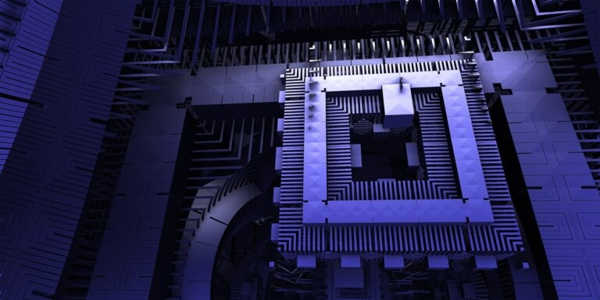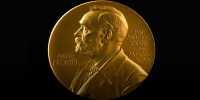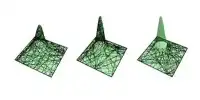Researchers have developed a new and more efficient computing method that combines the dependability of a classical computer with the power of a quantum system. This new computing method opens the door to new algorithms and experiments, bringing quantum researchers closer to the technology’s near-term applications and discoveries.
“In the future, quantum computers could be used in a wide range of applications, including helping to remove carbon dioxide from the atmosphere, developing artificial limbs, and designing more efficient pharmaceuticals,” said Christine Muschik, a principal investigator at the Institute for Quantum Computing (IQC) and a University of Waterloo faculty member in physics and astronomy.
The IQC research team, in collaboration with the University of Innsbruck, is the first to propose the measurement-based approach in a feedback loop with the regular computer, thereby inventing a new way to tackle difficult computing problems. Because their method is resource-efficient, it can use small quantum states because it is tailored to specific types of problems.
Researchers have discovered a new and more efficient computing method for pairing the reliability of a classical computer with the strength of a quantum system.
Hybrid computing, which pairs a regular computer’s processor with a quantum co-processor in a feedback loop, provides researchers with a more robust and flexible approach than using a quantum computer alone.
While researchers are currently developing hybrid computers based on quantum gates, Muschik’s team was interested in quantum computations that could be performed without the use of gates. They created an algorithm that performs a hybrid quantum-classical computation by performing a series of measurements on an entangled quantum state.
The team’s theoretical research is exciting for quantum software developers and experimenters because it introduces a new way of thinking about optimization algorithms. The algorithm has a high error tolerance, which is often a problem in quantum systems, and it is applicable to a wide range of quantum systems, including photonic quantum co-processors.

Quantum computing is approaching a commercialization stage that has the potential to change our world. Early adopters of quantum’s one-of-a-kind ability to solve specific types of problems may achieve breakthroughs that allow for new business models. To become “quantum ready,” forward-thinking organizations are already aligning with the emerging quantum computing ecosystem.
Quantum computing appears poised to transform certain industries. Current computational chemistry methods, for example, rely heavily on approximation because exact equations cannot be solved by classical computers. However, quantum algorithms are expected to provide accurate simulations of molecules over longer timescales, which are currently impossible to precisely model. This could lead to life-saving drug discoveries and significantly reduce the time it takes to develop pharmaceuticals.
In terms of near-term quantum applications, hybrid computing is a novel frontier. Muschik and her colleagues believe that by removing the reliance on quantum gates, they will be able to design feedback loops that can be tailored to the datasets that the computers are researching more efficiently.
“Quantum computers have the potential to solve problems that supercomputers cannot,” said Muschik. “However, they are still experimental and fragile.” CIFAR is funding this project. The time when quantum computers will be able to solve some business problems that classical computers cannot – a phenomenon known as a quantum advantage – appears to be approaching.
“Constant-depth” quantum circuits, for example, have already been shown to be more powerful than their classical counterparts.














